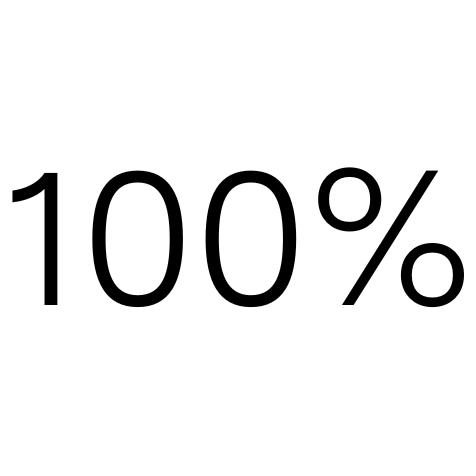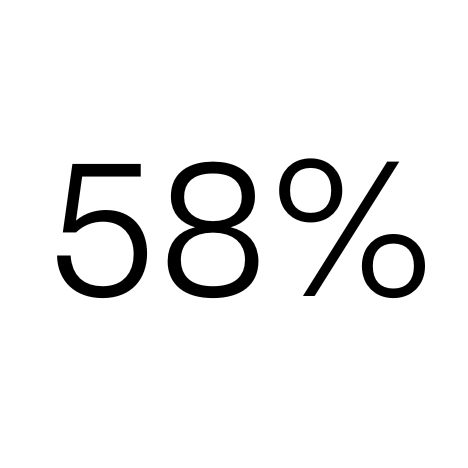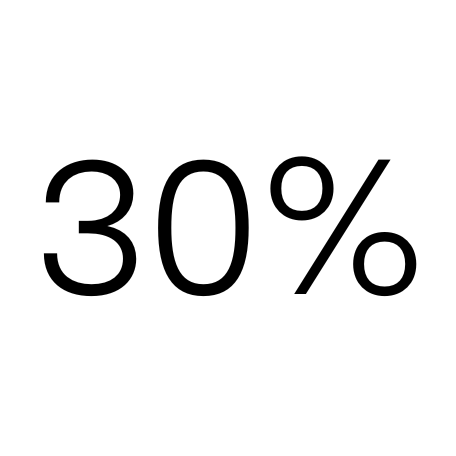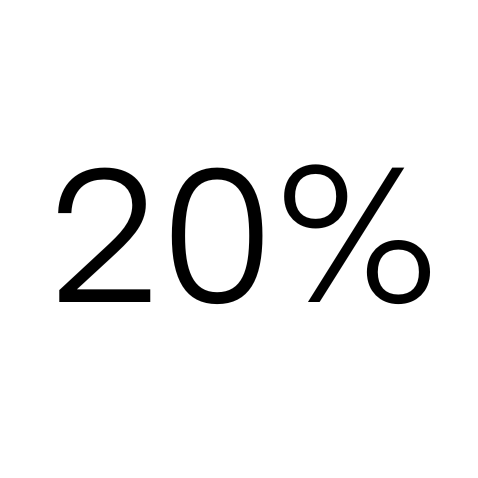Helping
students
balance
achievement &
well-being
students
balance
achievement &
well-being

Our students are suffering from anxiety, loneliness, and stress. As a result, educational institutions consider belonging and community as critical needs that must be addressed. Responding to this pressing need is Circle.
Circle is an evidence-based group coaching program that applies Positive Psychology to increase well-being. Circle's trained facilitators create a unique space for community and belonging—necessary antidotes to the anxiety, stress, and loneliness that are pervasive among today.
Designed at the University of Pennsylvania, and deployed for the past five years at the NYU Stern School of Business, Circle now has trained facilitators at The Darden School of Business at the University of Virginia, Tsinghua University, and Handshake.


Circles offers multi-week programs of small-group sessions that are steered by a trained facilitator.
Sessions cover a range of topics—from connection and self-awareness to motivation, control, dealing with regrets, and obtaining balance in work and life.
But Circle is more than just talk—it’s a structured journey that shows participants that their struggles are normal, that they're not alone, and that success can look different for everyone.
The ultimate outcome? A complete integration of identities, values, and goals in each student's unique journey.

100% of Circle participants would recommend this program to a peer.

Participants report feeling 58% more connected to their peers after going through Circle.

Participants' sense of mattering - of being valued by their organization - increased by 30%.

Participants are 20% less worried about the future and feel less lonely.
Circle was recently featured in Harvard Business Publishing Education. The article describes how group coaching initiatives like Circle help develop critical leadership skills like cultivating trust, authenticity, connection, and self-awareness. This effort combats the high levels of stress, anxiety, and loneliness among students.
The article notes: "The effort pays off for students in the form of improved wellbeing, better career clarity, and heightened preparation for the emerging business world."